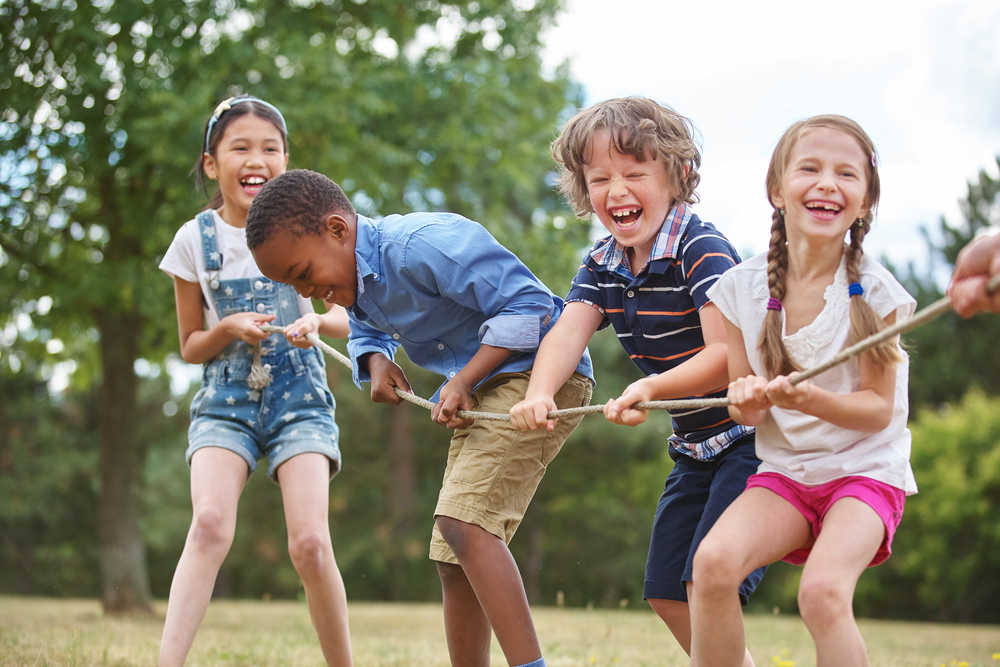We need motor skills to be able to do most of the actions that we perform frequently in daily life. In short, motor skills are the ability to activate the appropriate muscle groups, nervous system and brain simultaneously to perform a specific job. The motor skills, which develop gradually throughout childhood, enhance substantially during the nursery and kindergarten period. Motor skills are divided into two as fine and gross motor skills. Fine motor skills are the ability to perform tasks such as writing, painting, using cutlery, buttoning and dressing, which are performed by small muscle groups in the hands and fingers. Gross motor skills, on the other hand, enable movements such as walking, jumping, and running performed by larger muscle groups.
Motor skills that are of great importance for both ordinary movements in daily life and academic skills develop at different rates in each child. Although there are many environmental and biological factors that affect the speed of development, the child’s daily practices also determine the progress. Art and sports activities generally support psychomotor development. You can also help your child develop their motor skills with fun games that you can easily do at home and with small tasks that you will give them.
Activities that Develop Fine Motor Skills
- Playing with play dough not only improves finger muscles but also helps to increase creativity.
- Cutting and folding paper contributes to the development of fine motor skills.
- Activities such as drawing straight lines, painting inside of a drawn shape strengthen the hand muscles.
- Playing with blocks is beneficial in terms of hand-eye coordination and muscle strengthening, as well as improving imagination and problem-solving skills.
- Washing hands alone strengthens small muscles besides helps to learn subjects such as personal care and healthy life.
- You can help your child develop fine motor skills by handing over small tasks such as buttoning up, closing zippers, and opening jar lids.
Activities that Develop Gross Motor Skills
- Playing hopscotch is very useful for gross motor skills as it includes actions such as jumping and balancing on one leg. At the same time, it helps hand-eye coordination due to the act of throwing the stone and learning to count because it includes numbers.
- Since dancing activates a large part of the muscles, it contributes to muscle and motor development. At the same time, it develops the sense of rhythm.
- Depending on your child’s age, games such as volleyball, football, basketball or kicking and catching the ball help development of hand-eye coordination and muscles.
- Exercises such as walking on a straight line, lateral walk, walking backwards, or on a slope are beneficial for balance and motor skills.
- Jumping rope strengthens the leg muscles and improves coordination and balance abilities.
- Twister game improves balance and flexibility.
Motor skill development goes hand in hand with physical, mental and emotional development. Therefore, doing all these activities and other fun activities that you can count with your child will not only develop motor skills, but also contribute to the development of your child as a whole, thanks to the fun time he had, sharing with you or socializing with other children.



